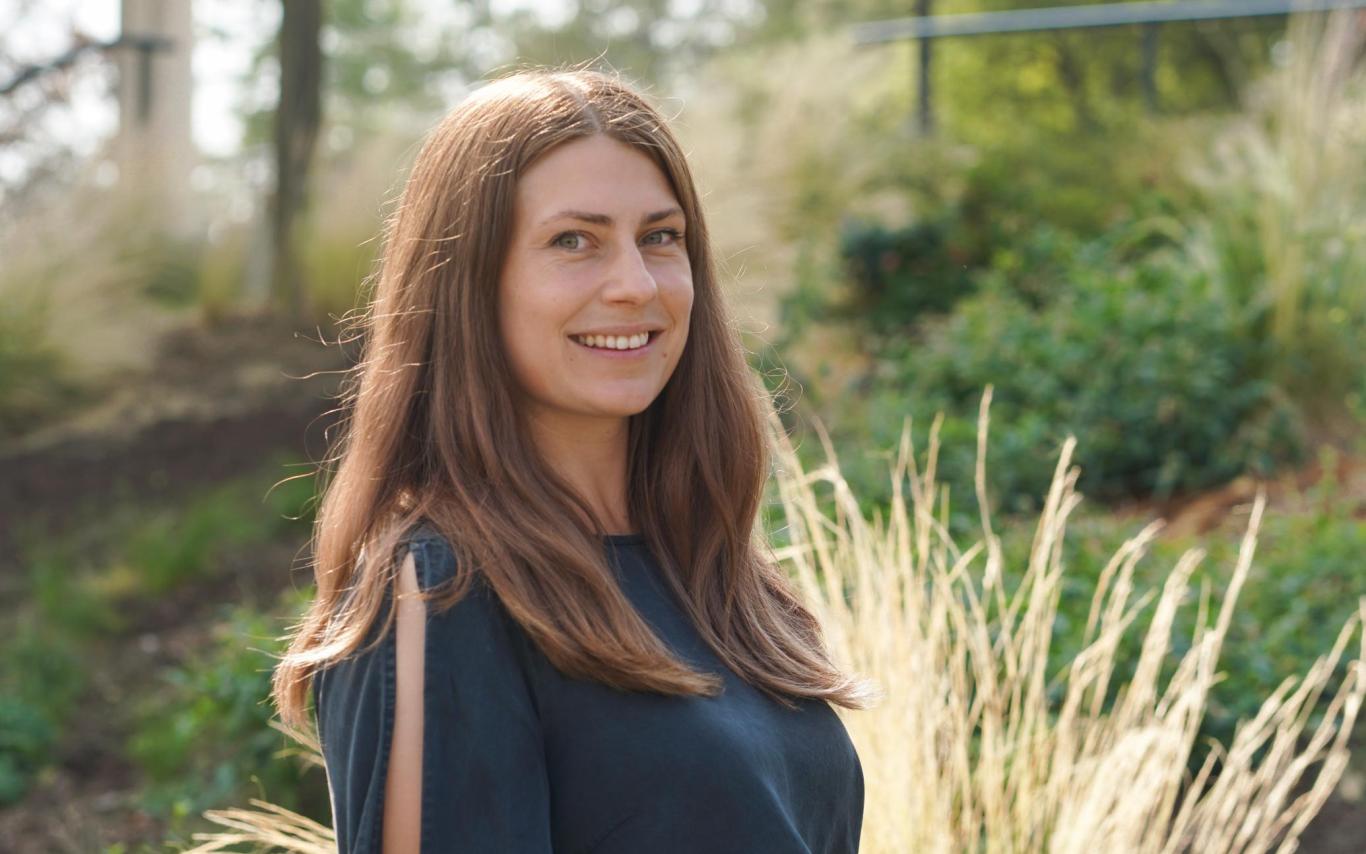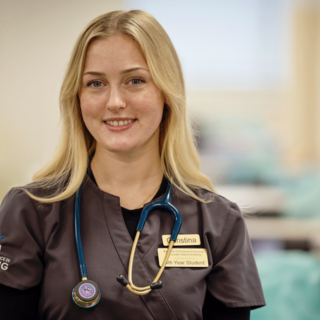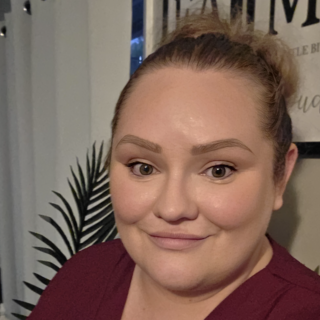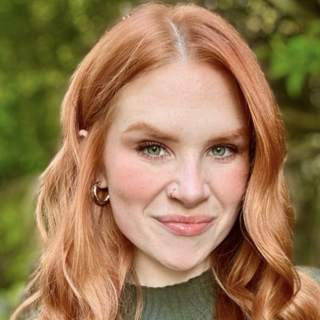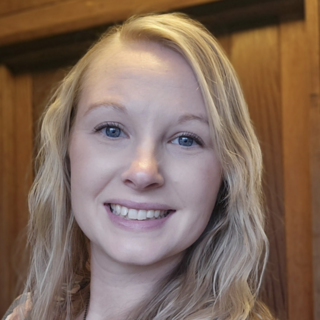Grad student Alicia McLean shares her research
Canada’s senior population is growing, which is why Master of Community Planning student Alicia McLean is researching how communities can be managed to best support older adults. She is conducting this research with the help of a BC Graduate Scholarship.
We caught up with Alicia to find out more about her research and what she enjoys about her program.
Tell us about you before VIU. How did you decide on the MCP program?
I grew up on the Island so I’ve always known about VIU. I did my undergrad at UBC to try somewhere new and get outside of my comfort zone. After that I travelled through Europe, Mexico, Central America, Canada and the United States almost exclusively by bicycle or motorcycle. If that paid well, I might still be doing it! Instead, I came back to the Island and worked at a motorcycle shop for more than five years (sales, finance manager, sales manager). When I spoke to an Educational Advisor at VIU, she recommended a program that combined all my interests: writing, law, active and alternative transportation, economics, environmentalism and First Nations sovereignty. Once I spoke to the MCP Director, Pam Shaw, and a few community planners, I was sold.
Describe your research.
My research examines how community development (the building of housing and public spaces, as well as how it is managed by community planners) can best support older adults, in the context of population aging in British Columbia.
What have you found out so far?
I have discovered that the age-friendly communities movement provides a good framework but misses concrete recommendations to meet those goals, including:
o more accessible buildings,
o meaningful opportunities to socialize, and
o a range of housing options for seniors of all abilities, backgrounds and income levels.
It’s also missing a set of metrics for measuring progress in a community. My thesis will have recommendations for how to embed age-friendliness into the development review process so that communities are better prepared for inevitable demographic changes.
What do you like best about being a graduate student?
I love the level of critical thinking and depth explored in each class and the increased engagement with our instructors. During my undergrad l only got to know a few professors well, while our cohort of students and instructors here are all very tight knit.
What advice do you have for new grad students, or those thinking of going to grad school?
Apply for every scholarship and grant that you have access to. Scholarships that are specific to your school, area of study or professional organizations related to your future career are much more fruitful than the “Canada-wide” scholarships that you have no personal connection to. I thought I would go into debt to complete grad school but instead it has paid for itself twice over.
Is there a VIU resource you wished you would have known about sooner?
All the amazing services offered by the library and librarians! Inter-library loans, research help, Statistics Canada liaising and much more.
What’s after grad school for you?
I am working in research right now as a Planning Projects Coordinator with the Mount Arrowsmith Biosphere Region Research Institute, and I enjoy it, but my dream is to work in the not-for-profit sector focused on housing or social planning. There are municipalities and developers doing great things as well, so I’ll never say no to something that aligns with my interests and principles.
